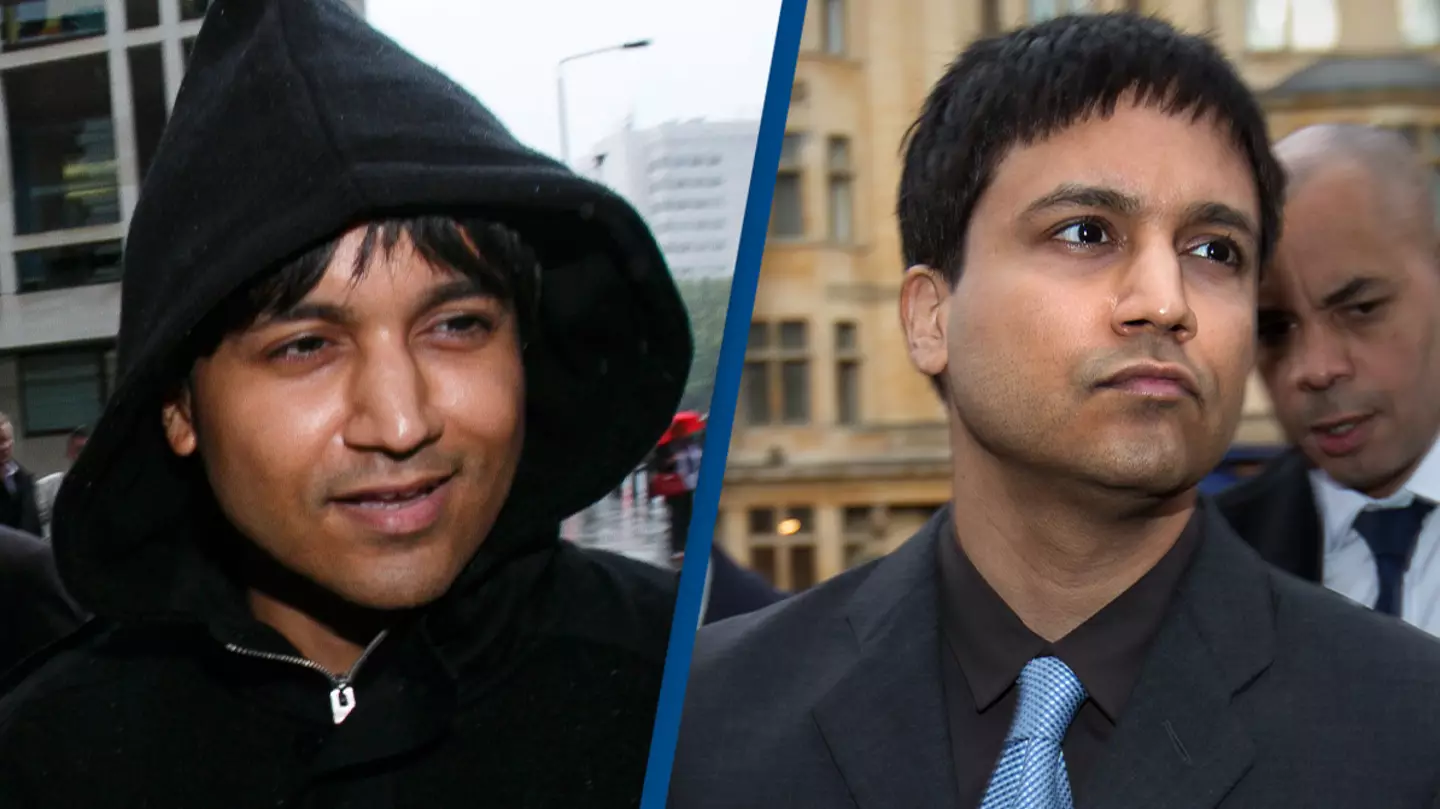A man’s actions within his parents’ home led to a sudden trillion-dollar drop in the US stock market.
You’ve likely heard of “The Wolf of Wall Street,” but have you come across “The Hound of Hounslow?”

This nickname was given to Navinder Singh Sarao, who allegedly amassed $40 million from his parents’ London home using a method to manipulate the market.
However, this method had significant consequences, and Sarao was eventually apprehended after his activities were linked to a brief but intense market crash in 2010.
Although the crash lasted less than an hour before markets rebounded, it resulted in a staggering $1 trillion loss within a nerve-wracking 35 minutes.
Sarao, a self-taught stock market trader, played a role in the panic during the 2010 ‘flash crash’.
After his arrest, the now 45-year-old was detained in Wandsworth Prison, UK, for four months before his extradition to the US.
But what exactly did he do to contribute to such a dramatic, albeit brief, market turmoil?

Sarao employed a strategy known as ‘spoofing’, exploiting the software used by high-frequency traders.
These traders, often computers running algorithms, execute trades at lightning speed to capitalize on market fluctuations.
Recognizing that these high-frequency traders responded predictably to market changes, Sarao saw an opportunity.
They behaved like a flock of sheep that could be ‘herded’ by a hound, moving in unison.
By placing thousands of fake orders, he artificially inflated demand in one direction—a practice known as ‘spoofing’.
He would then quickly cancel or modify the orders once the high-frequency traders had reacted.

This allowed him to profit by directing the market in a specific direction.
In 2016, Sarao agreed to pay $12.8 million to the US government, an amount prosecutors claimed he had earned.
Despite his role in the flash crash, prosecutors did not seek additional jail time for him.
They considered Sarao’s autism and the fact that he had already served time in a UK jail while awaiting trial.
Defense attorneys argued that he perceived his actions as akin to ‘winning a video game,’ and noted that he didn’t use the money for luxuries, losing much of it to fraudsters.
Sarao also used his knowledge to assist the government in combating financial crime in the years following his arrest.

